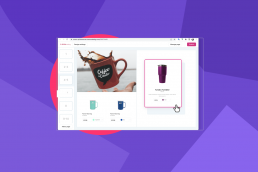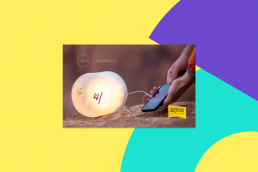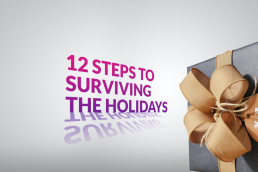20 Most Viewed Catalogs of 2023
We’ve crunched the numbers from all the corners of the internet – ZOOMcatalog's search engine, buying group tools, distributor and suplier…
The Top 9 Features of ZOOMstudio
In today’s fast-paced marketplace, empowering your team and customers with the ability to create accurate and visually stunning marketing…
Breakout Spotlight: SNUGZ
Being in the industry as long as our team members have been, it can be hard to see something that is truly new. But SNUGZ really delivered…
Year in Review: ZOOMcatalog and ZOOMstudio
2022 was a big year for ZOOMcatalog. We did so much, in fact, that we had to launch a product update email to keep everyone in the loop.…
2023 Digital Design Trends: 5 Tips to Building the Perfect Catalog Strategy
Today, we’re sharing some of that insider info to help you build your perfect digital catalog strategy for 2023. We’ve highlighted our top…
12 Steps to Surviving the Holidays
The end of the year and the holidays both come at the same time every year. And yet, like clockwork, clients get caught by surprise. Every.…
To Price or Not To Price
To pricing or not pricing a catalog, there are several valid arguments for both sides and plenty of variables to consider. What is the best…
Should I Print or Should I Go Digital?
It’s not hard to guess that here at ZOOMcatalog we’re big-time fans of digital catalogs, flyers, lookbooks, idea boards. Despite all that,…
Breakout Spotlight: SanMar’s Sustainable Styles
Sustainable fashion isn’t solely reserved for trendy tees. Inside this catalog, you’ll find everything from hoodies to fleeces, caps, and…
Breakout Spotlight: Seville Gear
Summer is always sweeter with a sweet deal and Seville Gear is bringing out the savings with this Summer Sales Event catalog. From coolers…












